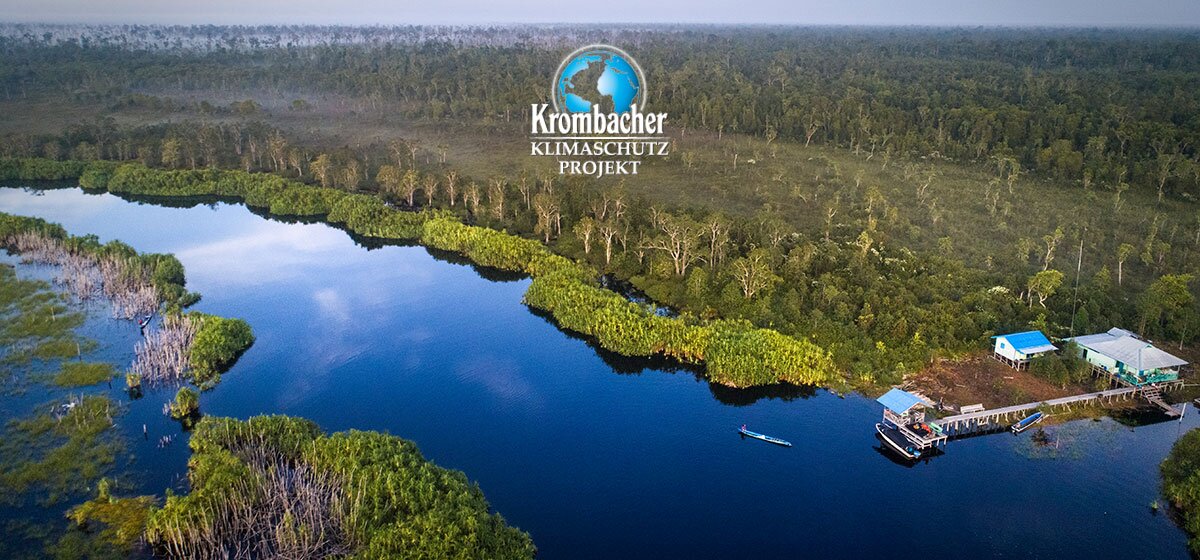
Starting signal for the Krombacher Climate Protection Project
When the WWF drew our attention to the climate-damaging situation of the peat swamp forests in Borneo in 2008, one thing was clear - we had to act! It was the starting signal for the Krombacher Climate Protection Project.
Restoration of the peat swamp forests of Borneo
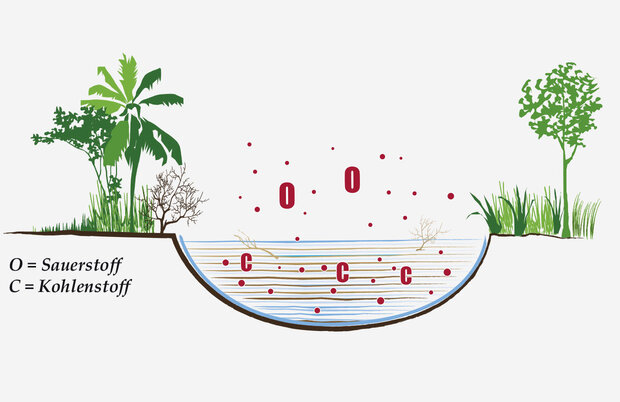
Giant carbon pool
Peat swamp forests store between 3,000 and 6,000 t of carbon per hectare, thus up to 50 times more than rainforests without peat swamp soils. Therefore, their preservation is of immense importance to the climate.
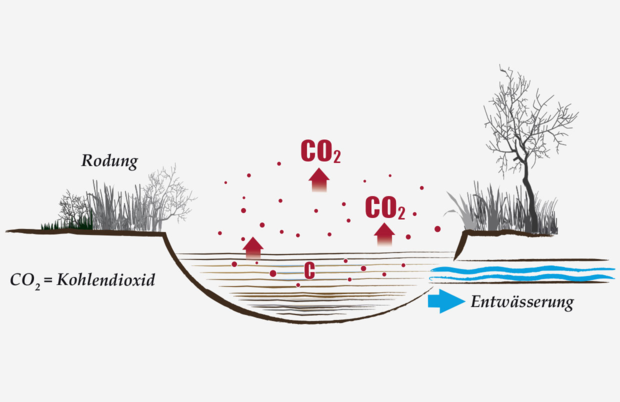
Greenhouse gases from deforestation
Canals were built to facilitate logging and the transport of tree trunks. These drain the peat body, the soil dries out, the peat reacts with oxygen and releases the climate-damaging CO₂ in large quantities.
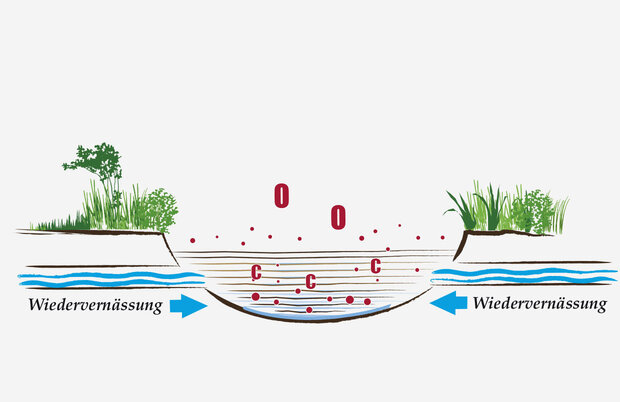
WWF protects peat forests from drying out and fires
As part of the Krombacher climate protection project, the WWF protects peat swamp forests in Borneo from drying out and fires. As a result, enormous amounts of carbon remain bound in the peat and do not burden the climate in the form of the greenhouse gas CO₂.
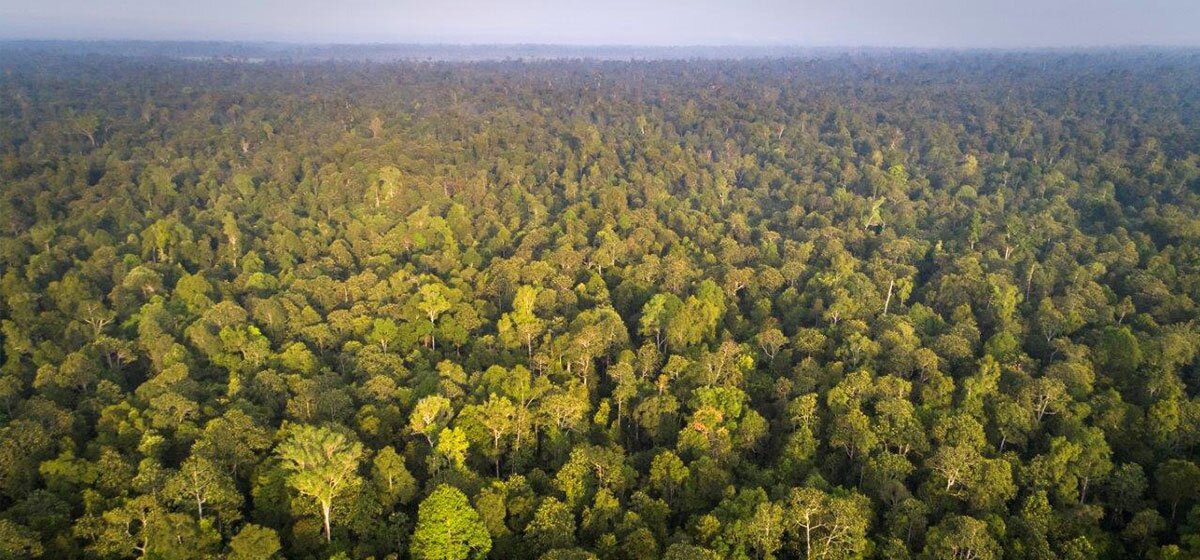
Between 2016 and 2018, the Krombacher Climate Protection Project saved a total of 11.1 tons of CO₂ emissions per hectare and per year, which is about 3 million tons of CO₂ per year for a total area of 273272 hectares.
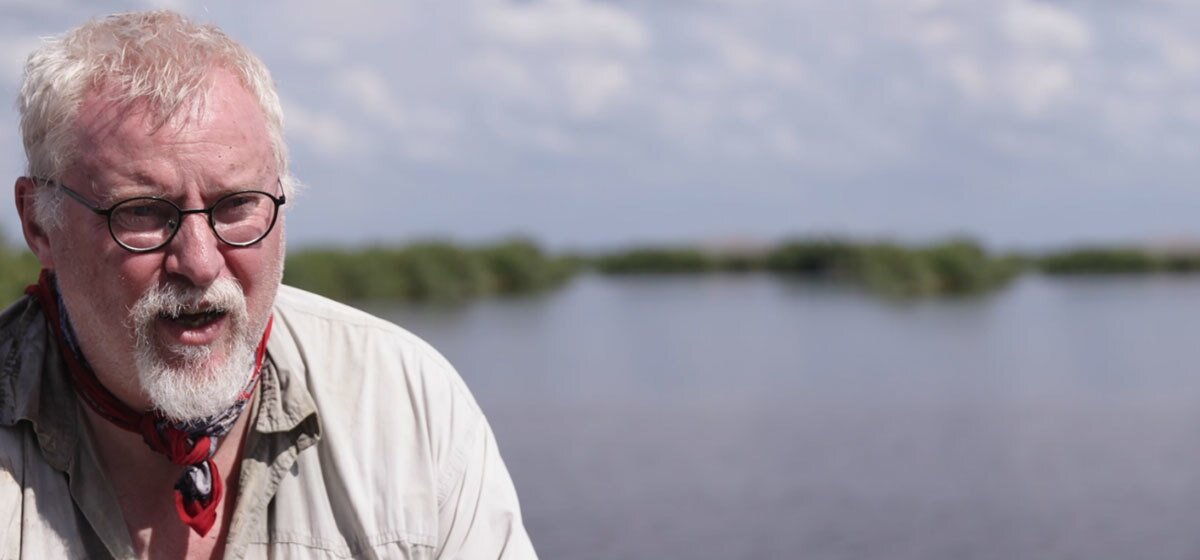
With their project, Krombacher and the WWF are giving a strong signal for Climate Protection. Through their commitment in Borneo, gigantic CO₂ emissions are avoided.
Prof. Joosten, Uni Greifswald
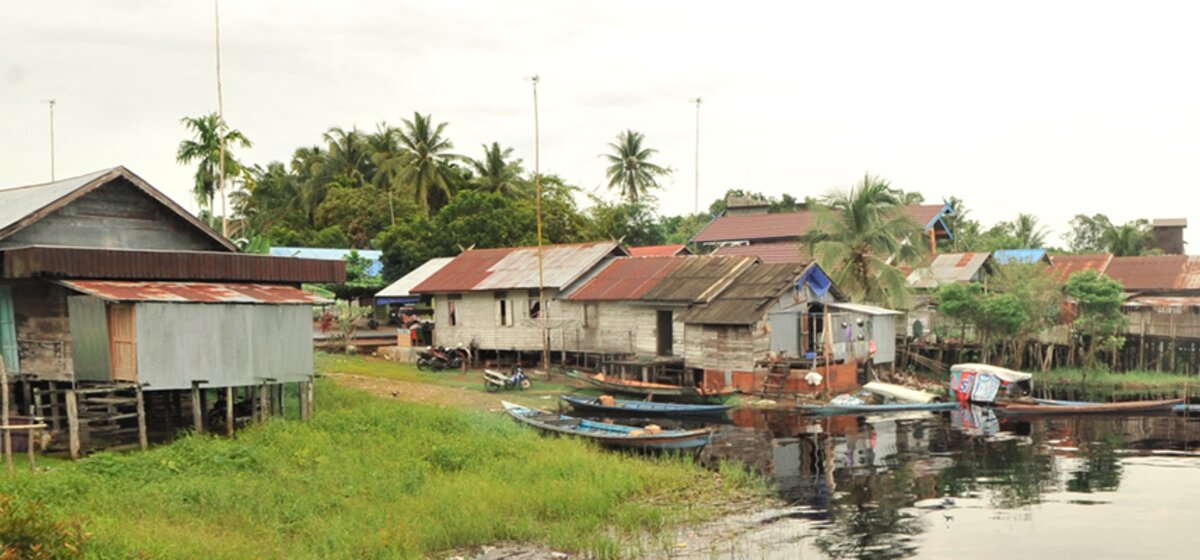
Climate change is threatening our habitat. Through global warming and extreme weather events it is expected that the severity and frequency of natural disasters will increase. It is high time to act - that is why we became active on Borneo.
Our partner
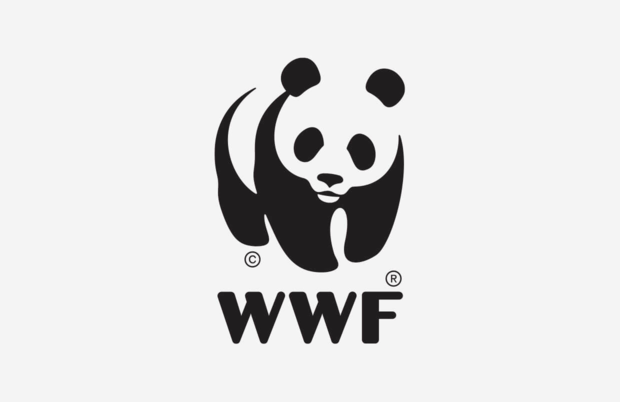
Together against climate change
The World Wide Fund for Nature (WWF) is one of the largest nature and environmental protection organisations in the world. Its goal is to stop the worldwide destruction of nature and the environment, to preserve biodiversity, to protect habitats and to shape a future in which people and nature live together in harmony. The WWF is working on more than 3,000 projects around the globe.
Further information about the project can be found here and also directly on the WWF website.









